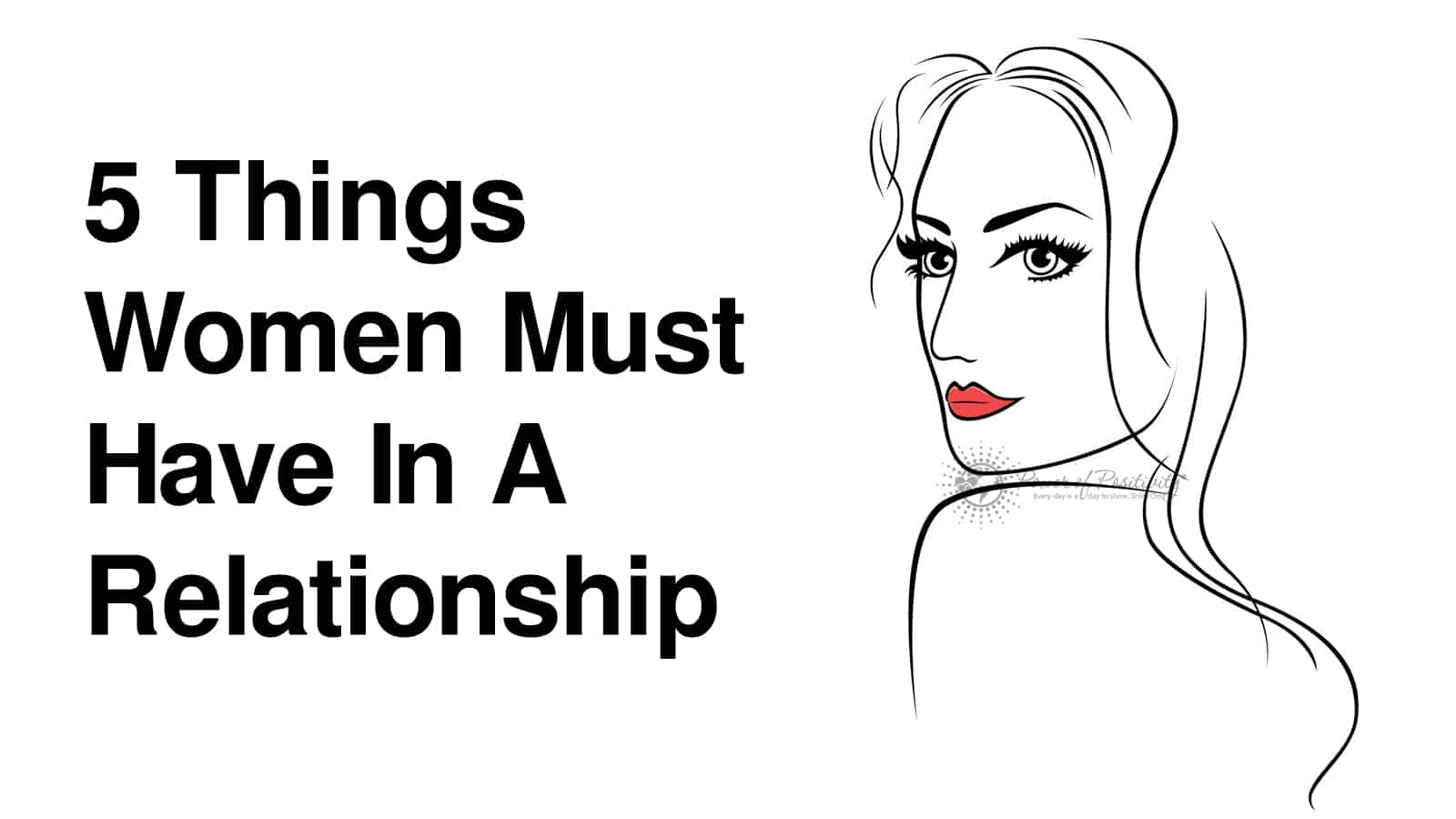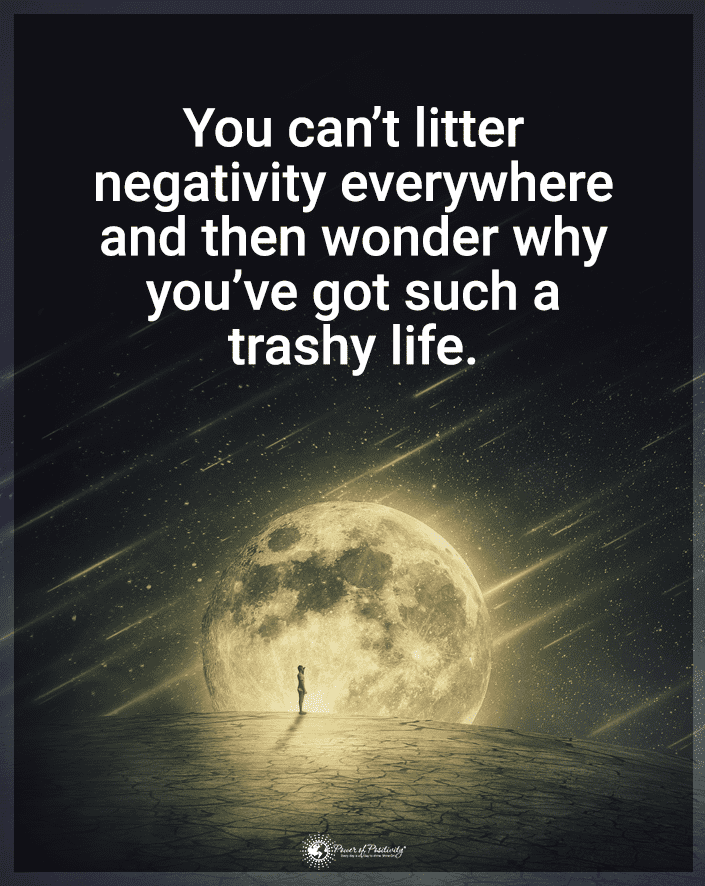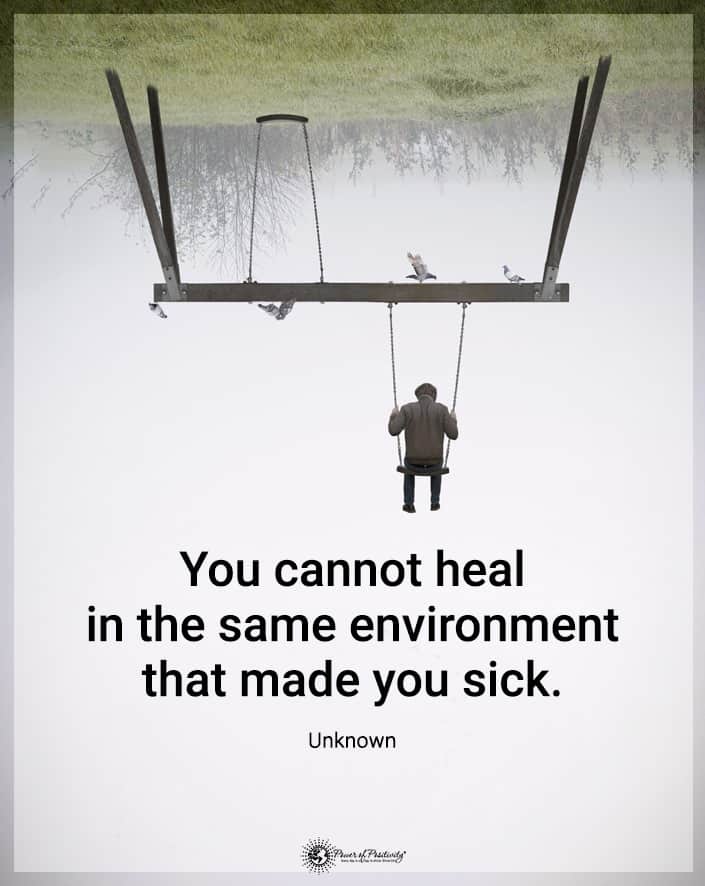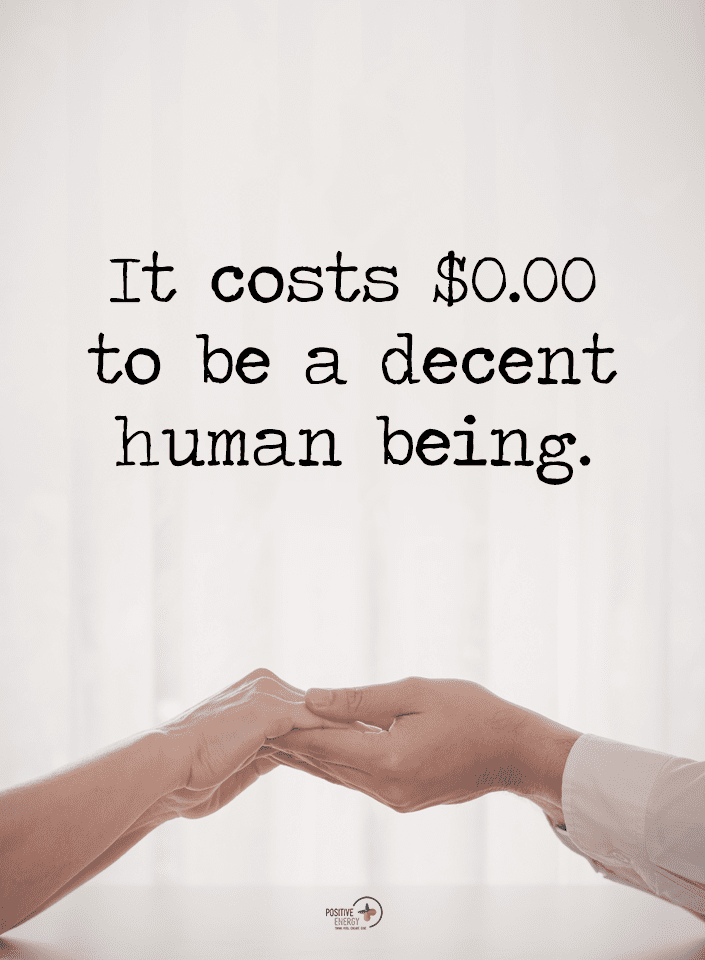Relationships are something that we humans use to connect to each other, which helps us to get our needs met, and when you are good at relationships, you can be happier in your life. But how do you know if you are doing good or bad with your relationship skills in general?
How Good Are You At Relationships?
One way to self-evaluate your relationship skills is to look at past relationships and ask yourself what role you played in the breakup of the partnership. Taking accountability for our faults and seeking to improve on them can be a way to be better at relationships.
Another strategy to know how good you are at relationships is to ask your partner for some feedback. How well do I provide emotional support when you need it? What other needs do you have that I can help you with? Asking deep questions may sound scary, and if you can’t see a way to bring up these questions with your partner, look for a licensed couples counselor who can help you to start a conversation.
Handling Stress and Conflict Well
When you argue, do you see problems as opportunities to learn about your partner and how you can better meet their needs? Do you feel insecure when your and your partner are in a stressful situation, or do you worry about their, or your own, emotional state? Researchers found that couples who had secure attachment styles (not being worried about their own self-worth or fearing abandonment by their partner) showed more ‘physical contact, supportive comments, and efforts to seek and give emotional support’ when researchers put them in a waiting room where they faced a stressful activity, like a screening for a serious health problem, for example.
An argument in a relationship is basically a disagreement over two people’s needs; you want one thing and your partner wants another, but what do you each really need to be happy? A willingness to work toward meeting both of your needs without stepping on the other person’s desires is one way to be good at relationships.
Basically, in a relationship, as in the workplace, you should use your negotiating skills to find a win-win in your relationship arguments. Use the information from your partner to learn more about their likes and dislikes.
Giving Attention
When your partner points out something to you, how often do you turn toward them and give them your attention? The Gottman Institute is credited for identifying one factor that was different between successful relationships that lasted for many years and couples who broke up; turning toward your partner when they make a request for your attention.
Communication and Active Listening
Giving your full attention, communicating your own needs and hearing the needs of your partner are important for people who strive to be good at relationships. Active listening involves silencing distractions and the voice in your head that is waiting for a turn to speak so that you can fully hear your partner.
Emotional Intelligence
How good at you are sensing your partner’s mood and doing something to move them into a more positive state of mind? We have talked about the importance of emotional intelligence in previous articles. The skill of picking up on feelings from your partner is a healthy one that makes you good at relationships, but being able to do something about it makes you even better at them.
Related article: 6 Things You Should Always Expect From Your Partner
When your partner is down, how well do you provide comfort and support? Are you able to make your partner laugh, even when it seems like there is nothing to laugh at? Having strategies that you can use that you know will make your partner feel loved and supported is key to a good relationship.
Self-control and Conscientiousness
Can you hold your tongue when you are frustrated? Do you storm off or withdraw when you are angry or sad? How well you can monitor and control your own emotional state will also lead to behavior control.
People with good self-control are able to break bad personal habits and poor relationship skills before it’s too late. They make choices that are right, not only for themselves, but for their partner rather than acting on impulse.
Related article: 4 Signs Your Partner Is a Perfect Match
Do you know what it means to be conscientious of your partner? Paying attention to the small but important details of your partner’s preferences and important life events and taking action to demonstrate caring is one way in which conscientious partners are good at relationships.
In a study of people skills and relationship satisfaction, researcher found that with high self-control was associated with ‘higher grade point average, better adjustment (fewer reports of psychopathology, higher self-esteem), less binge eating and alcohol abuse, better relationships and interpersonal skills, secure attachment, and more optimal emotional responses.’ The researchers further explain ‘Low self-control is thus a significant risk factor for a broad range of personal and interpersonal problems.’









